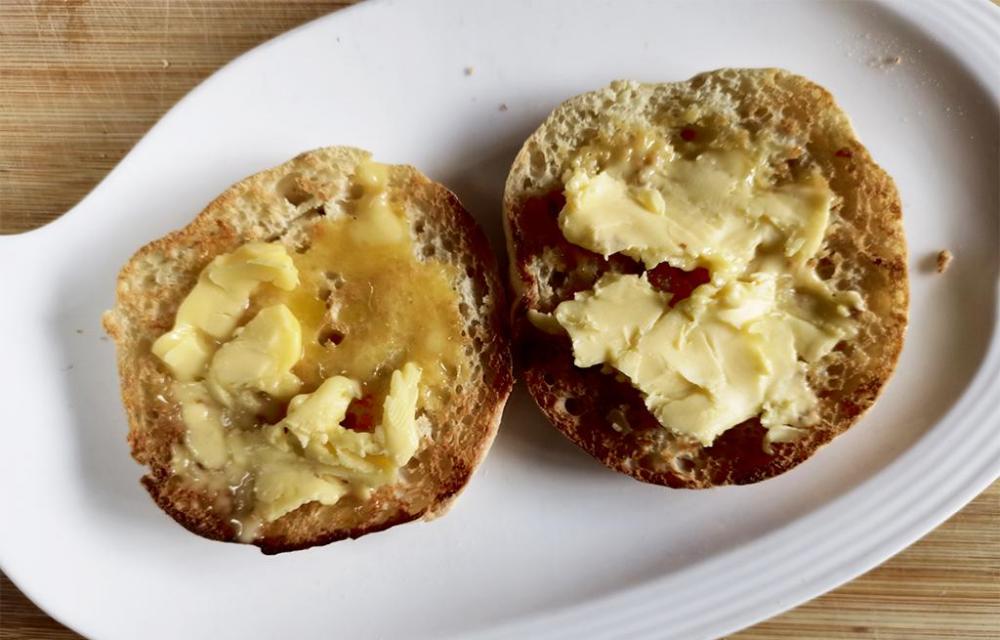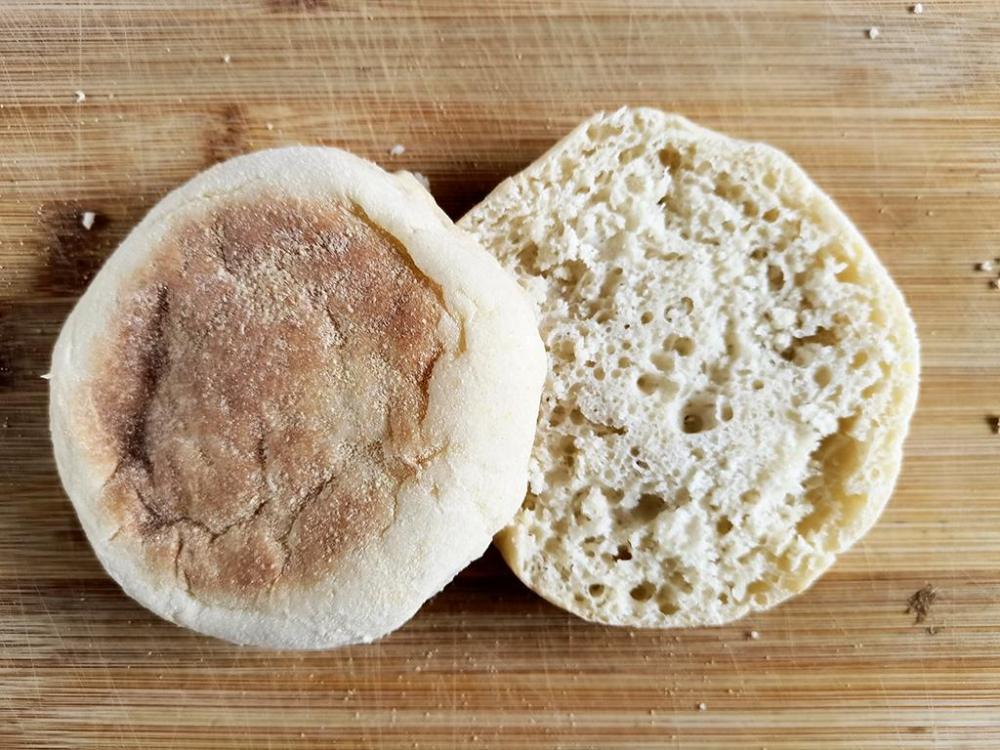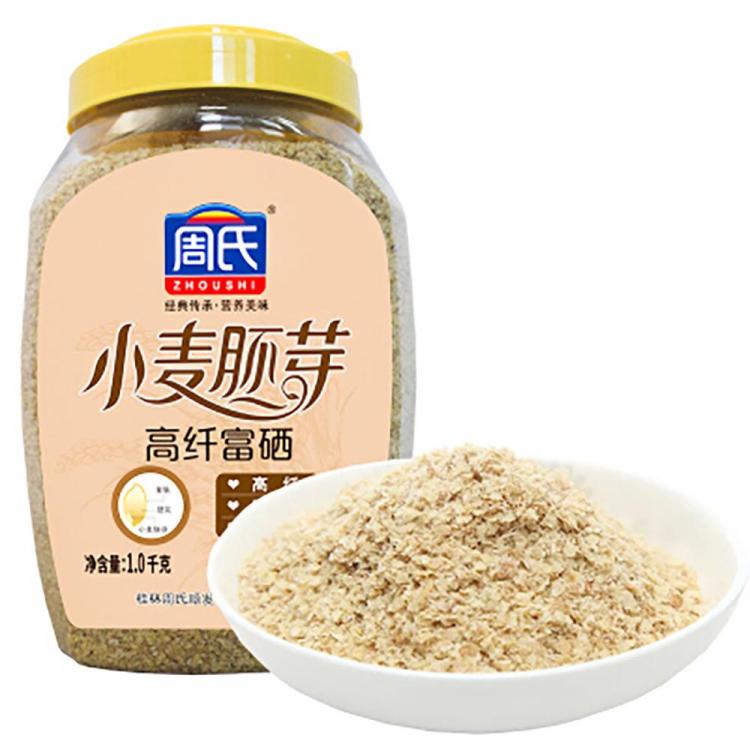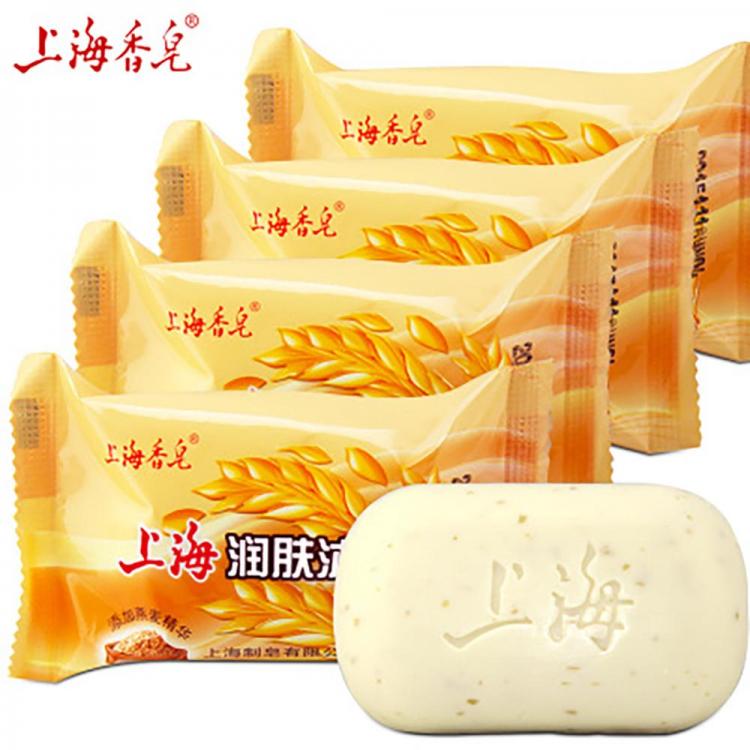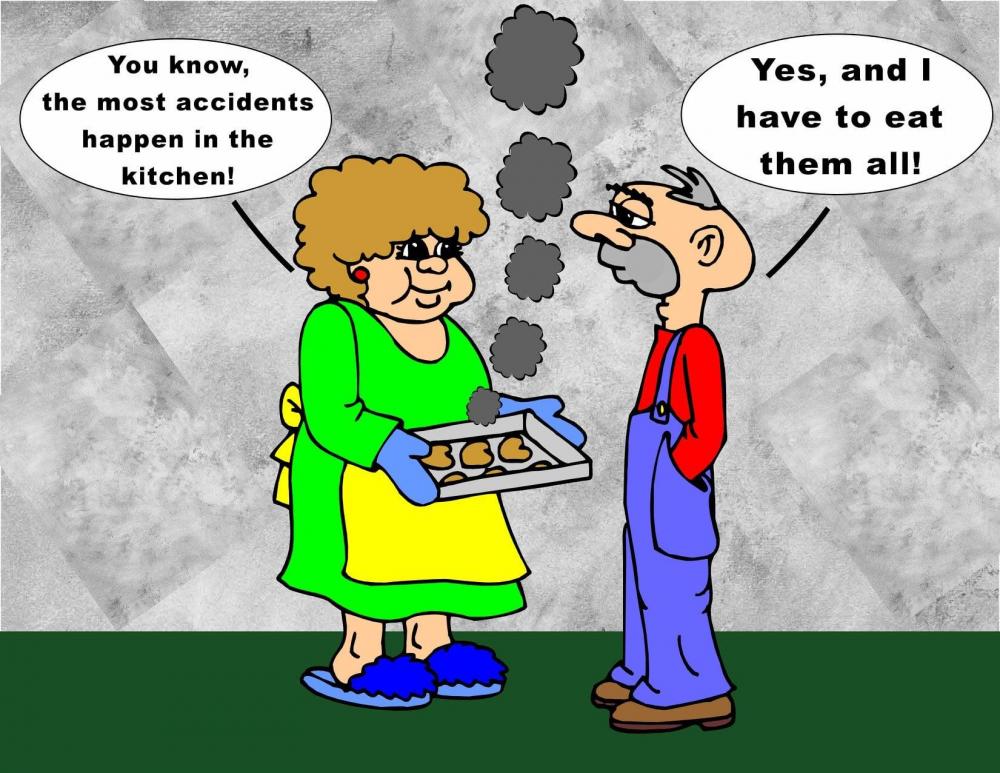-
Posts
16,813 -
Joined
-
Last visited
Content Type
Profiles
Forums
Store
Help Articles
Everything posted by liuzhou
-
That article is riddled with errors, most notably regarding the Forme of Cury. They grudgingly concede that 'cury' came into English from the French and simply meant 'cookery', but then stubbornly go onto insist it has something to do with curry. It doesn't in any way. Also, the "curry recipe" in the 1747 book by Hannah Glasse called The Art of Cookery they reference bears no resemblance to anything anyone would consider a curry today. India certainly would disown it!
-
How would I know? I refuse to even sit at the same table with people who obviously take delight in hating food. I'm certainly not going to be questioning them (if I was in law enforcement, I might!) about the details of their deviant activities. They might think I want to join in! (I'll ask the next time I have the chance, but I'd guess it is sweet corn.)
-
That c@rn drink is very, very common here in China. Bunch of perverts, obviously!
-
No idea. I've never used either (in anything), sorry.
-
This, I will concede, is strange, but I promise it worked. At least for me. Braised goose liver with garlic and green chilli and brown lentils. With rice. There were some greens on the side.
-

A short travel blog of Greece: Pelion, Meteora, and Athens
liuzhou replied to a topic in Elsewhere in Europe: Dining
Indeed. Snails have featured large in my life. French mother who was addicted to them and now, the city where I live in China is the country's snail central. Never rubbery! No restaurant or home cook would dare! If you mention the city to almost anyone in China, they are going to answer "Snails!" -
I am not going to comment on that. I meant that the difference between the UK, Britain and the constituent members is not difficult to understand. Yet, few people do.
-
I remember many years ago, in London, standing with my late wife waiting for a bus. By the bus stop was a sort of deli. It was closed (it was a Sunday), but we were looking at the very appealing window display. One lunatic started ranting on about foreigners invading us and that would shouldn't buy that alien muck! Then he spotted some tea in the window. "Look at that! Effing Ceylon tea! Chinese muck!" (Geography clearly wasn't his strong point!) "Buy proper English tea!" My wife replied "Yes. Grown in the plantations of Kent, no doubt!" "No you idiot! It's grown in Yorkshire!" The entire bus queue was cracking up with laughter.
-

A short travel blog of Greece: Pelion, Meteora, and Athens
liuzhou replied to a topic in Elsewhere in Europe: Dining
@shain Snails look great! -
After receiving a large batch of beautiful mangoes as detailed here, I realised I couldn't get through them all, so today made my favourite spicy mango relish. It keeps for months in the fridge. I eat it with chicken, cheese, curries, scotch eggs - pretty much anything. Cheddar Cheese with mango relish on home made bread. Recipe here.
-
Spicy Mango Relish Ingredients 150g soft brown sugar 150 ml white wine vinegar 1 star anise 1/2 a red onion, chopped 2 cloves garlic, chopped 1 thumb of ginger, chopped 1 or 2 red chillies, chopped 3-4 mangoes, chopped 1 tsp black mustard seeds salt and pepper Dissolve sugar in vinegar and add everything. Simmer for 25-30 minutes, stirring regularly. Cool and keep in fridge. It keeps for months. Eat with chicken, cheese, curries, scotch eggs - pretty much anything.
-
Today is 七夕节 (qī xī jié), the Double Seventh Festival held on the 7th day of the 7th month by the traditional Chinese solar-lunar calendar. This is often referred to as Chinese Valentine's Day (although they have taken up observing the February 14th western one, too!) It is one of the few Chinese festivals with which no particular foods are attached, but I am 'celebrating' by snacking on spicy braised duck hearts! Here is the 2,000-year-old legend on which the festival is based.
-
Yes, I realise it's regional. They are largely unknown in any form, here.
-
Really? In my experience, most people think of red split lentils.
-
Yes muffins and crumpets are completely different aniimals, except maybe in shape.
-
It is made into a porridge-like breakfast, often with other grains.
-
My "English" muffins arrived this morning. Of course, I had to try one. Toasted and buttered. Now, I have no idea if these are typical American "English muffins", but they look taste like what I call muffins, although the texture was a bit heavier. I don't know where they are actually from - possibly baked in Hong Kong, but that is a pure guess, based on where they wer shipped from - Shenzhen, just on the border with between HK and the mainland. .
-
I'm not sure what is 'silly' about it. It is quite simple really.
-
It's quite popular here. This brand in particular. It is imported from Australia. I can see this, too. But don't eat it. It's soap.
-
That would appear to be an example of what I mentioned upthread about many people not knowing the difference between the UK, Britain and the constituent members.





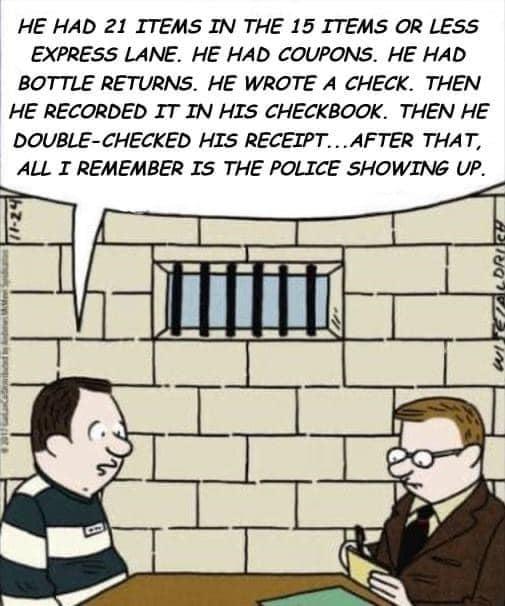

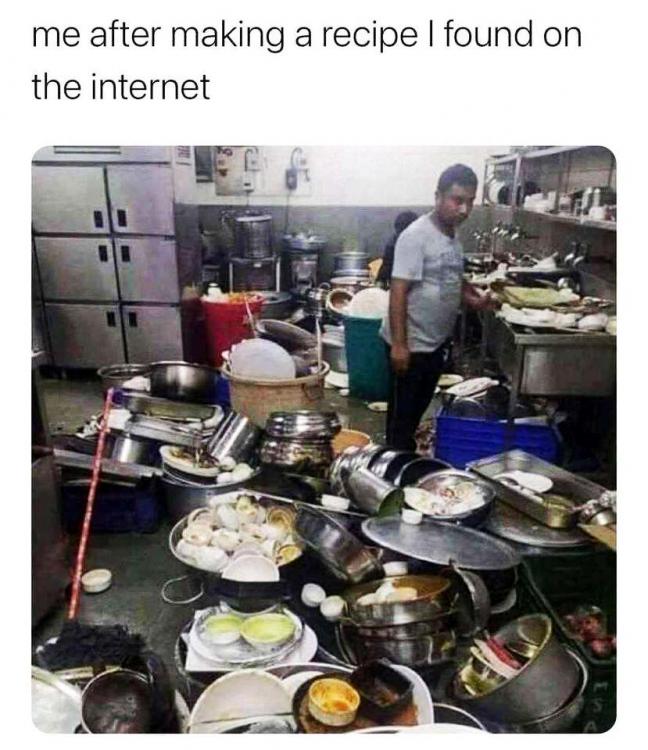
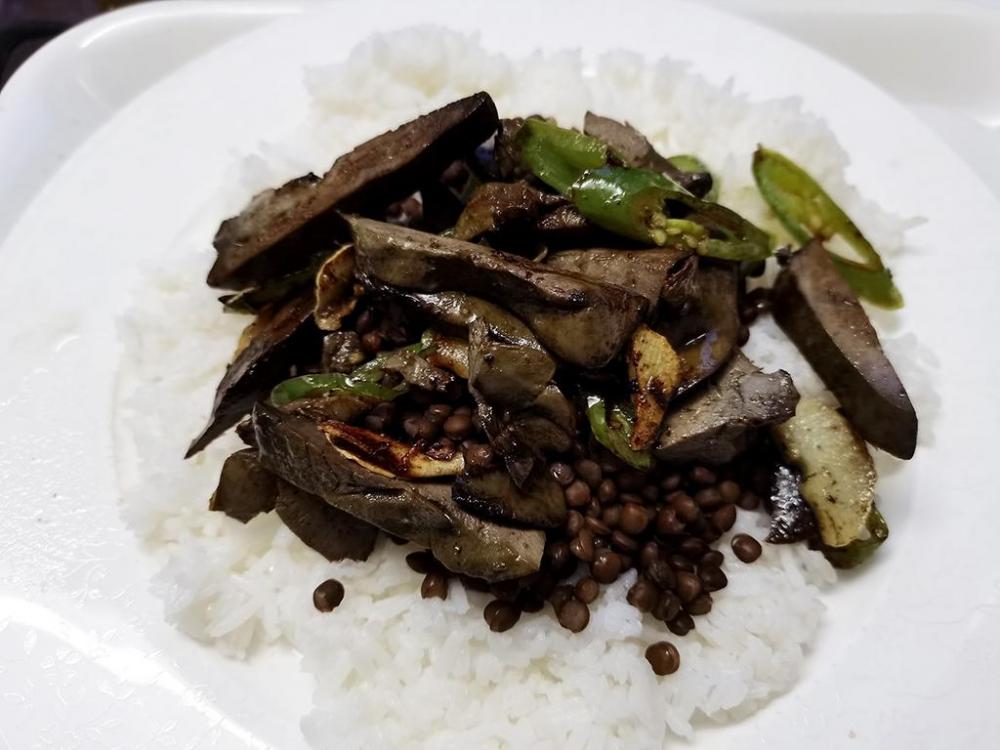
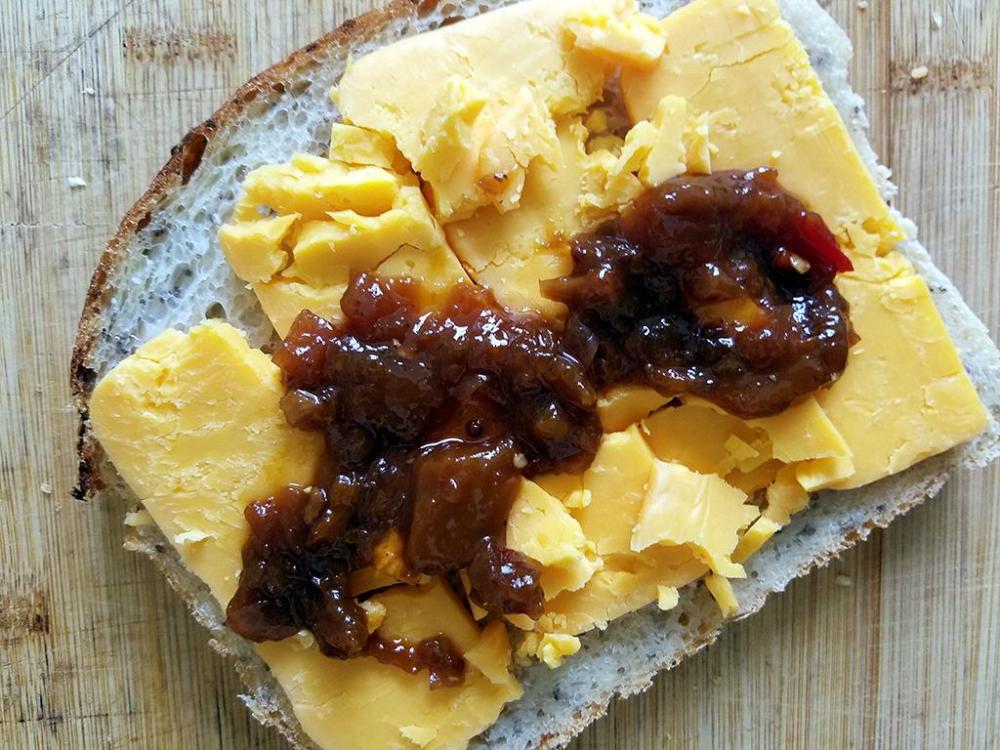
.jpg.3e28d4c54018dc85db4cd40556d37b67.jpg)

